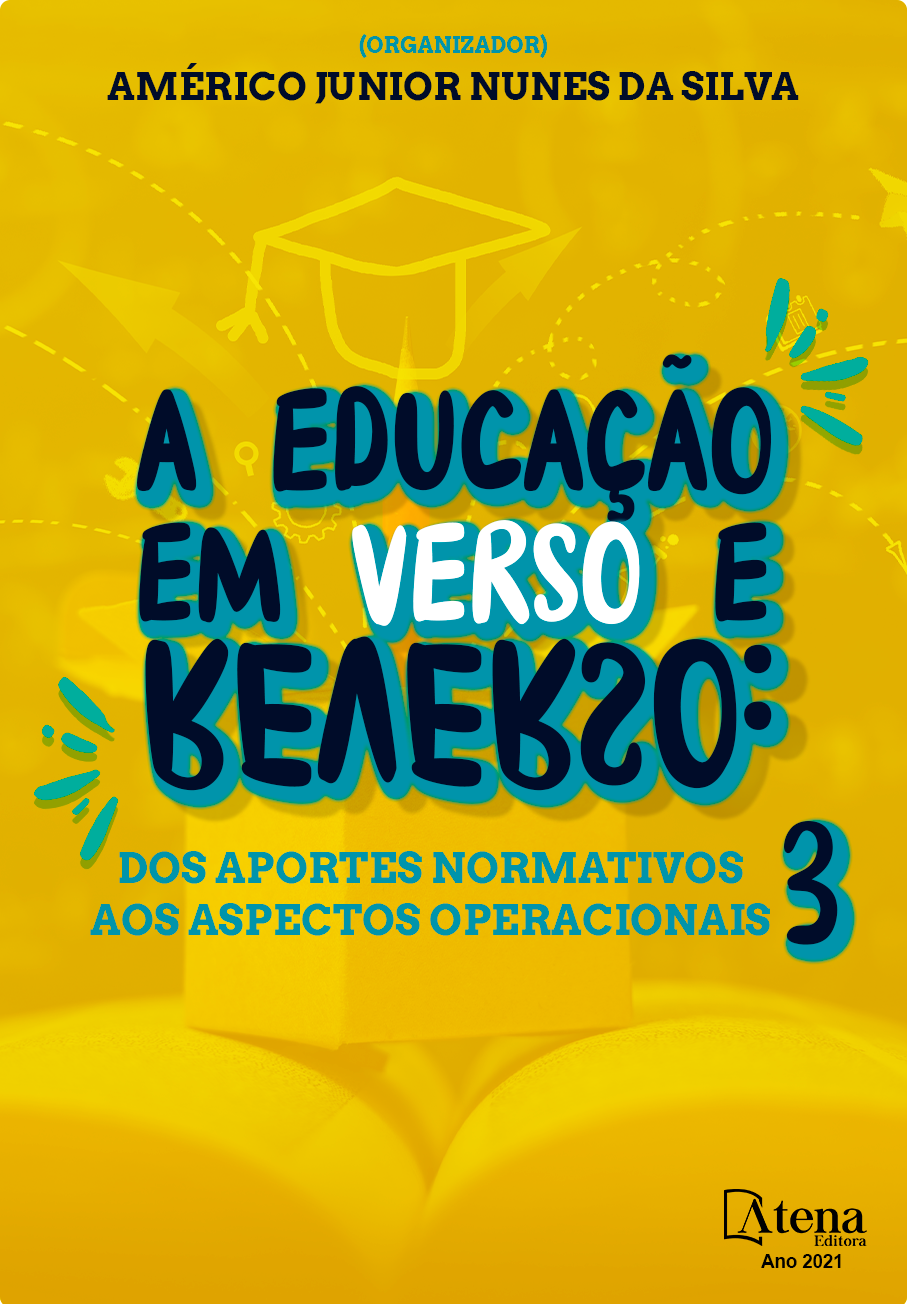
A IMPORTÂNCIA DO CONHECIMENTO DE SABERES DA ESTATÍSTICA DESCRITIVA NO ENSINO MÉDIO
Este trabalho propõe expor à pauta de discussões a importância que, nos dias hodiernos, o ensino de Estatística Descritiva assume no âmbito do Ensino Básico, com destaque para o Ensino Médio. Neste nível de ensino, segundo recomendações constantes em documentos oficiais do Ministério da Educação (MEC), o aluno precisa desenvolver habilidades que lhe permitam compreender a lógica de processos subjacentes às investigações estatísticas, assim como, deve saber “ler” e compreender representações de dados estatísticos. Entretanto, para que saberes específicos da Estatística Descritiva sejam devidamente explorados no Ensino Médio, é imprescindível que a formação acadêmica oferecida nos cursos de graduação da Licenciatura em Matemática tenha contemplado os conceitos estatísticos indispensáveis para que os ingressantes na carreira do magistério possam ensiná-los com competência no cotidiano de seu trabalho escolar. O motivo maior que nos incentiva a escrever este artigo está inserido no elenco de nossas preocupações acerca dos recorrentes resultados – pouco animadores – associados às avaliações nacionais oficiais, tais como a Prova Brasil; ENEM, assim como, à avaliação internacional realizada pelo Programa Internacional de Avaliação de Estudantes (PISA). Esses resultados têm denunciado um cenário de graves deficiências dos alunos na formação dos conteúdos e habilidades, sobremodo, quando se trata de saberes da Matemática, e isto, obviamente, envolve a formação docente do professor de Matemática. Para fundamentar nossas posições sobre a importância do ensino da Estatística Descritiva no Ensino Médio, recorremos a documentos oficiais que incisivamente tratam desse tema, tais como, os Parâmetros Curriculares Nacionais: Matemática, (1998); as Diretrizes Curriculares Nacionais Gerais da Educação Básica (2013). Assim como buscamos autores cuja linha de pensamento nos afiliamos, a saber: Libâneo (2001) e Morin (2001).
A IMPORTÂNCIA DO CONHECIMENTO DE SABERES DA ESTATÍSTICA DESCRITIVA NO ENSINO MÉDIO
-
DOI: https://doi.org/10.22533/at.ed.3542109077
-
Palavras-chave: Ensino da Estatística; Formação docente; Ensino Médio; Estatística Descritiva.
-
Keywords: Teaching Statistics; Teacher training; High school; Descriptive Statistics.
-
Abstract:
This paper aims at discussing the importance of teaching Descriptive Statistics in Basic Education, especially in High School. According to official recommendations from Brazilian Ministry of Education (MEC) documents, at this level of education the student needs to develop skills that allow him to understand the logic of processes underlying statistical investigations, and it is crucial be able to "read" and understand representations of statistical data. However, to explore specific knowledge of Descriptive Statistics properly in High School, the academic training offered in Mathematics undergraduate courses must include essential statistical concepts in order to enable the former students, who are entering the teaching career, to teach them competently in the daily life of their school work. The main reason that encourages us to write this article comes from our concerns about the recurring results of national assessments, such as Prova Brasil; ENEM, as well as, the international assessment carried out by the International Student Assessment Program (PISA). These results have exposed serious deficiencies of formation of knowledge and skills among students, especially about knowledge of Mathematics, which, obviously, involves the teacher education of the Mathematics teacher. To support our positions on the importance of teaching Descriptive Statistics in Secondary Education we resort to official documents that address this subject, such as the National Curriculum Parameters: Mathematics, (1998) and the General National Curriculum Guidelines for Basic Education (2013); as well as authors whose approach are lined up to our perspective: Libâneo (2001) and Morin (2001).
-
Número de páginas: 13
- IVONE DA SILVA SALSA


